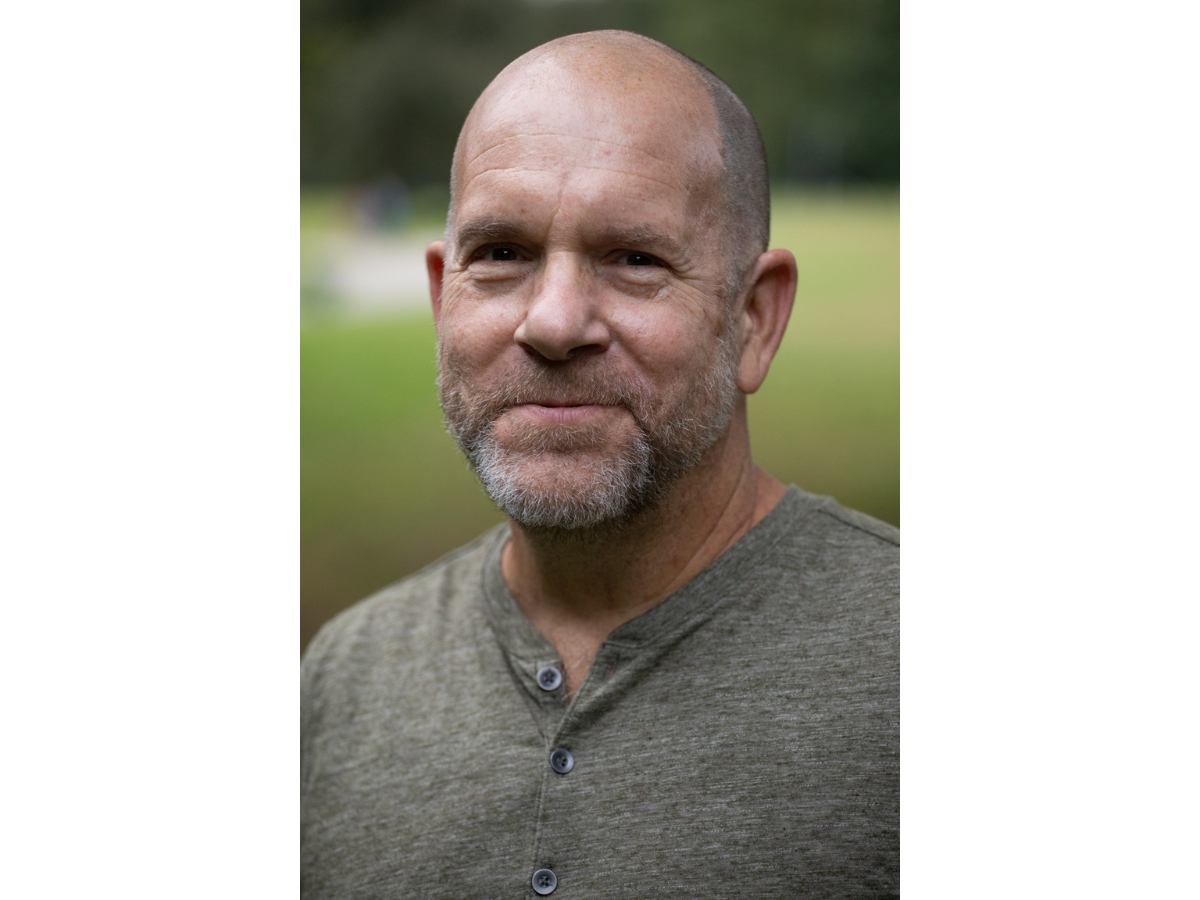Join the Institute on Zoom on Tuesday, October 8, at 12:00 PM for a discussion led by IIJS Co-Director Rebecca Kobrin featuring Professor Arnie Eisen of the Jewish Theological Seminar, Professor David Feldman of Birkbeck, University of London, Professor Susannah Heschel of Dartmouth College, and Professor Derek Penslar of Harvard University.
On October 7, 2023, Hamas invaded Israel and perpetrated the most deadly assault on Jews since the Holocaust. This attack upended many assumptions both scholars and the public held about Jewish sovereignty, security, and politics. The activism and protests that exploded throughout the world in the aftermath of this attack raised questions about antisemitism and Israel's place in the world.
Now that a year has passed, scholars must begin to frame and analyze all that took place on and since October 7 within the broader scope of Jewish history. What are the best frameworks through which to think about, conceptualize, and narrate the events of the past year? What will this date signify for Jewish history in the future? Should October 7 be considered a turning point in Jewish history?
In this webinar, Professor Rebecca Kobrin will lead a discussion with Professor Arnie Eisen [JTS], Professor David Feldman [Birkbeck, University of London], and Professor Susannah Heschel [Dartmouth College]. Together, they will reflect on the significance of the past year from various vantage points in Jewish Studies and provide fresh frameworks for understanding the new terrain in which Jews in Israel and the Diaspora find themselves today.
Rebecca Kobrin is the Russell and Bettina Knapp Associate Professor of American Jewish History at Columbia University, specializing in modern Jewish migration, immigration history, urban studies, and business history. She earned her B.A. from Yale and her Ph.D. from the University of Pennsylvania, followed by postdoctoral fellowships at Yale and NYU. Kobrin is the author of Jewish Bialystok and Its Diaspora, which won the Jordan Schnitzer Prize, and has edited several volumes, including Chosen Capital and Salo Baron. Her forthcoming book, A Credit to the Nation (Harvard University Press, 2024), explores the world of East European immigrant bankers in America. She has received Columbia’s Lenfest Distinguished Faculty Award for her exceptional teaching and mentoring and is a principal investigator of the award-winning Historical NYC Project, a digital humanities initiative mapping New York City’s demographic shifts from 1850 to 1940.
Arnie Eisen is Chancellor Emeritus and Professor of Jewish Thought at The Jewish Theological Seminary. He is a leading authority on American Judaism, and has made significant contributions to Jewish thought and education. Serving as JTS chancellor from 2007 to 2020, he transformed the training of Jewish leaders, emphasizing innovation and authenticity in Jewish life during times of rapid change. Eisen spearheaded the development of JTS’s 21st Century Campus and launched initiatives to expand access to Jewish learning through online resources, public courses, and digitization of JTS’s library. His scholarship includes Galut and Rethinking Modern Judaism, and he has taught at Stanford, Tel Aviv, and Columbia universities. Eisen also serves on advisory boards for the Tanenbaum Center, Covenant Foundation, and Taube Foundation for Jewish Life and Culture.
David Feldman is Director of the Birkbeck Institute for the Study of Antisemitism and a Professor of History, specializing in the history of antisemitism, Jewish history, racialization, and migration in modern Britain. Since joining Birkbeck in 1994, he has been actively engaged in research which addresses public policy, leading a pan-European project on contemporary antisemitism in Western Europe. Feldman has advised institutions such as the United Nations, the Organization for Security and Cooperation in Europe, and Human Rights Watch, as well as UK bodies like the All-Party Parliamentary Group Against Antisemitism. His writings on antisemitism have appeared in publications including The Guardian, Financial Times, and Haaretz. His latest book, co-edited with Marc Volovici, is Antisemitism, Islamophobia and the Politics of Definition (2023).
Susannah Heschel is the Eli M. Black Distinguished Professor of Jewish Studies at Dartmouth College, where she chairs the Jewish Studies Program and is a faculty member in the Religion Department. Her scholarship focuses on 19th- and 20th-century Jewish and Protestant thought, the history of biblical scholarship, Jewish scholarship on Islam, and the history of antisemitism. Among her many publications are Abraham Geiger and the Jewish Jesus, which won a National Jewish Book Award, and The Aryan Jesus: Christian Theologians and the Bible in Nazi Germany. She has a forthcoming book, co-written with Sarah Imhoff, The Woman Question in Jewish Studies with Princeton University Press. Heschel has held visiting professorships at the Universities of Frankfurt, Cape Town, and Princeton. Heschel has been honored with five honorary doctorates and the Mendelssohn Prize of the Leo Baeck Institute. Currently, she is a Guggenheim Fellow and is writing a book on European Jewish scholarship on Islam and serves on the academic advisory council of the Center for Jewish Studies in Berlin and the Board of Trustees of Trinity College.
Derek Penslar is the William Lee Frost Professor of Jewish History at Harvard University. He is the director of undergraduate studies within the history department and directs Harvard’s Center for Jewish Studies. Penslar is a resident faculty member at the Minda de Gunzburg Center for European Studies (CES) and is also affiliated with Harvard’s Center for Middle Eastern Studies. Penslar takes a comparative and transnational approach to modern Jewish history, which he studies within the contexts of modern nationalism, capitalism, and colonialism. His books have engaged with a variety of approaches and methods, including the history of science and technology, economic history, military history, biography, and the history of emotions. Penslar is a fellow of the Royal Society of Canada and the American Academy for Jewish Research and is an honorary fellow of St. Anne’s College, University of Oxford.






































